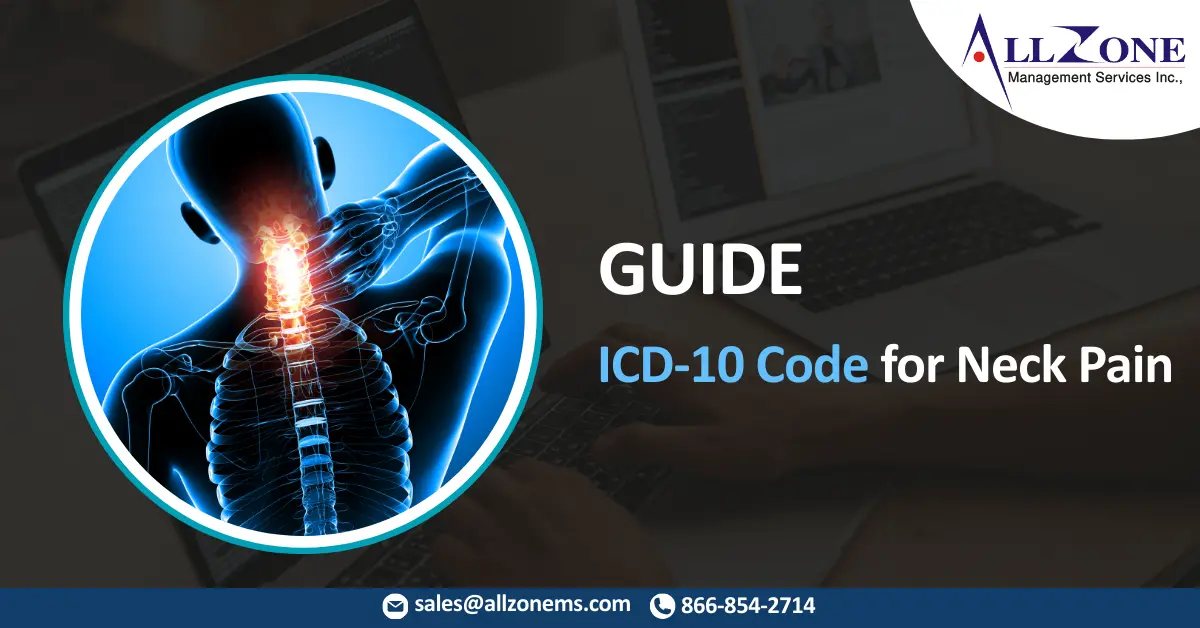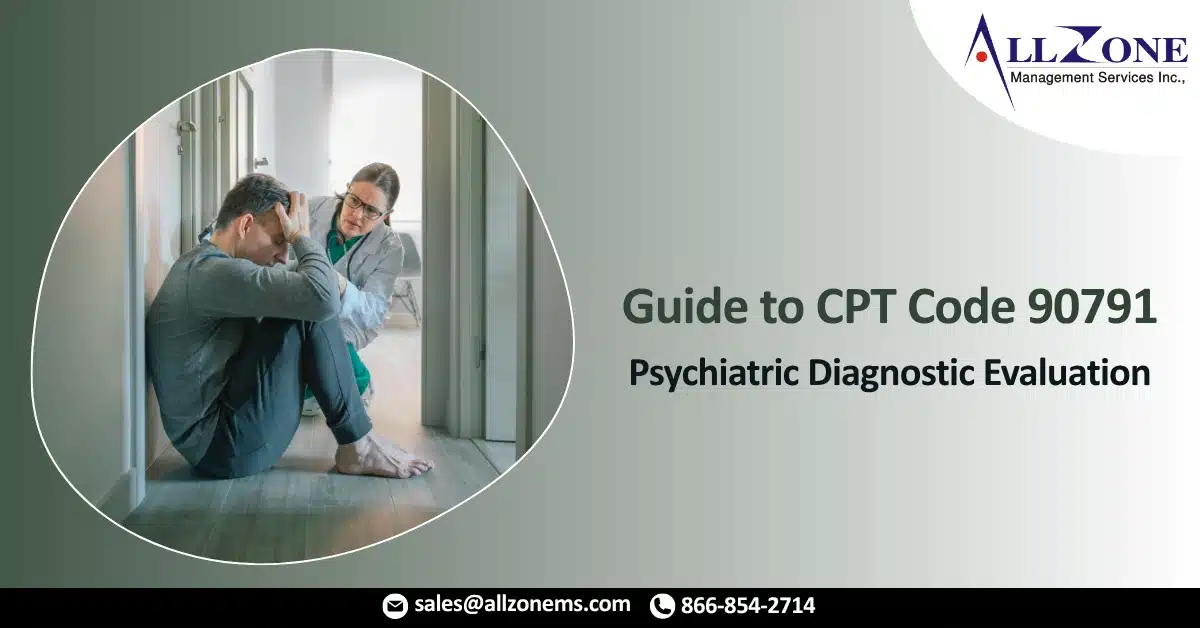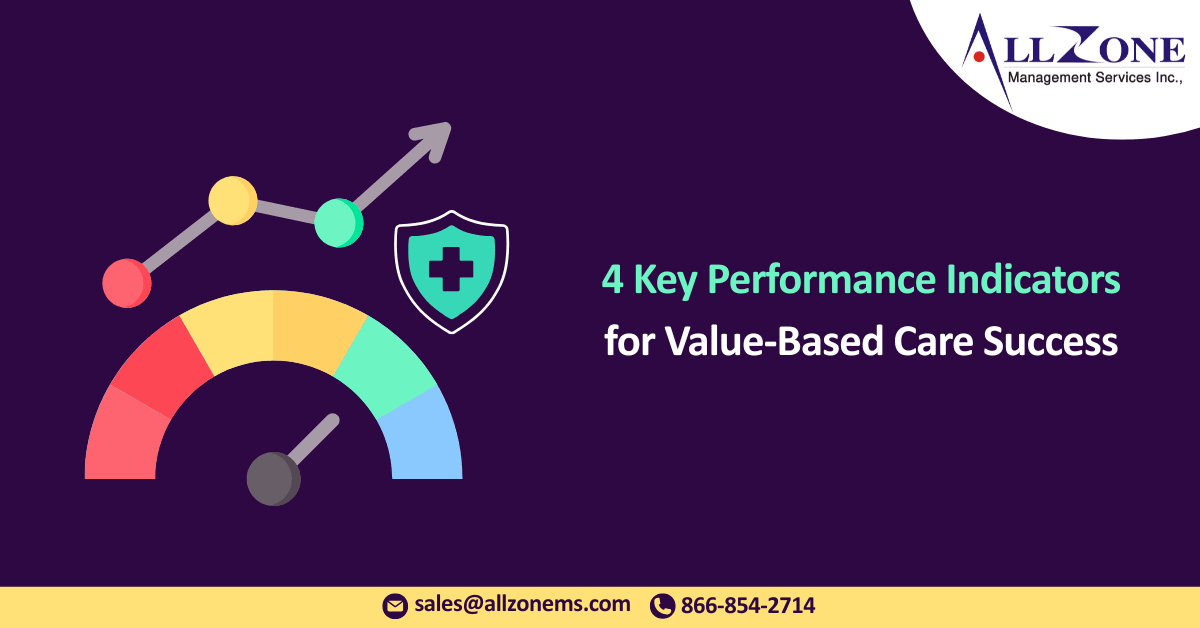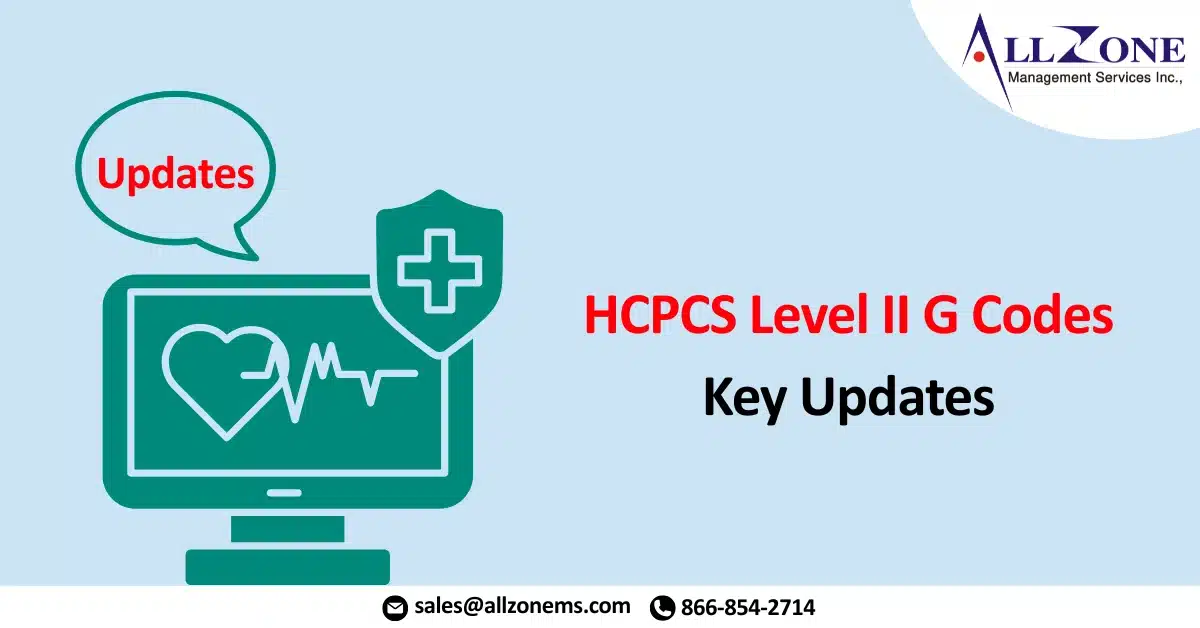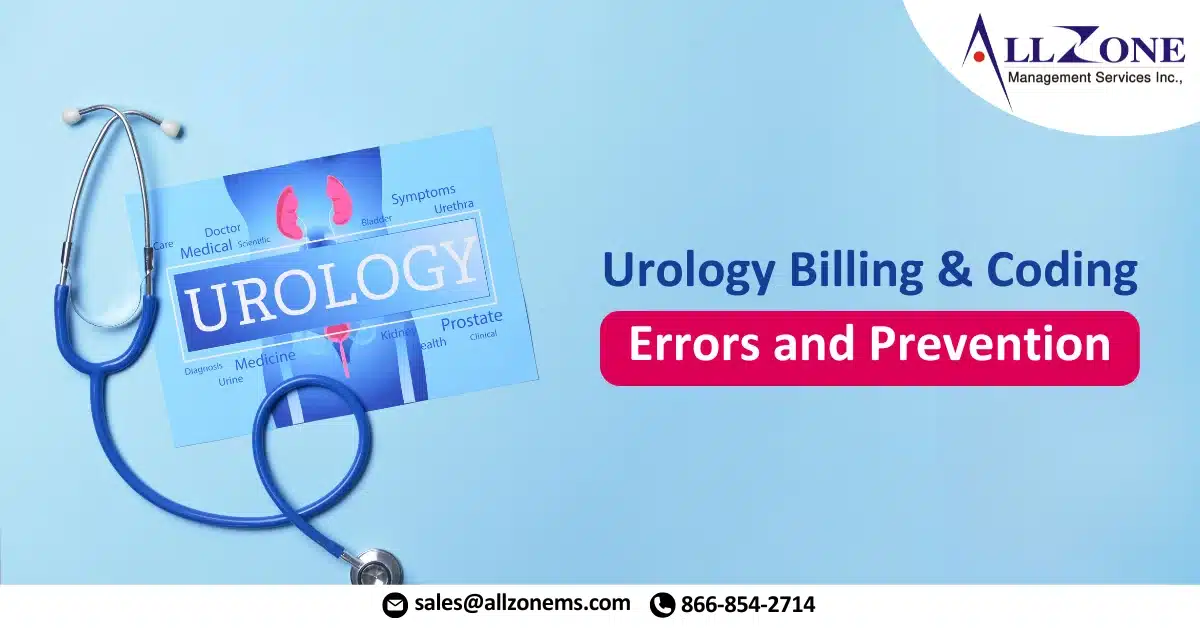Neck pain is one of the most common complaints among patients in primary care, physical therapy, orthopedics, and chiropractic settings. Whether it’s caused by poor posture, injury, or an underlying medical condition, accurate diagnosis and precise medical coding are crucial for proper treatment, billing, and reimbursement. In medical billing and coding, the ICD-10 code for […]
In the intricate world of medical billing and coding, understanding specific CPT (Current Procedural Terminology) codes is paramount for healthcare providers and patients alike. Among these, CPT code 90791 holds a significant place, representing a crucial initial step in mental health care: the psychiatric diagnostic evaluation. This comprehensive guide will delve into the nuances of […]
In today’s evolving healthcare environment, medical billing compliance is more than just a legal requirement—it’s a strategic safeguard for your medical practice. As regulations tighten and audits become more frequent, staying compliant with medical billing standards helps protect your practice from costly fines, revenue losses, and reputational damage. What Is Medical Billing Compliance? Medical billing […]
The healthcare landscape is rapidly shifting from a fee-for-service model to value-based care (VBC), where providers are reimbursed based on the quality of care and patient outcomes, rather than the volume of services rendered. This paradigm shift demands a laser focus on efficiency, patient satisfaction, and demonstrable health improvements. To navigate this new terrain successfully, […]
In today’s complex healthcare environment, efficiency and cost control are critical for the financial health of providers, payers, and revenue cycle management (RCM) companies. One area that continues to experience inefficiencies is the claims management process—where errors, delays, and administrative overhead inflate operational costs. However, the rise of automation technologies is changing the game. Automating […]
In the complex world of insurance and healthcare claims, the concept of “zero-paid claims” can feel like a phantom menace. You’ve submitted a claim, received an Explanation of Benefits (EOB) or remittance advice, and to your dismay, the payment is… zero. While a zero payment might seem innocuous, it can, in certain scenarios, be interpreted […]
In the intricate ecosystem of healthcare, where patient well-being and financial viability intertwine, accurate medical coding stands as a cornerstone. Physicians, while primarily focused on patient care, bear the ultimate responsibility for the documentation that underpins the billing process. To ensure accuracy and compliance, Medical Coding Audits for Physicians are essential in identifying potential errors […]
Staying abreast of HCPCS Level II code updates is crucial for healthcare providers seeking accurate reimbursement. These codes, particularly HCPCS Level II G codes for Procedures & Professional Services, play a pivotal role in billing for services not covered by CPT® codes. Let’s delve into some key G codes and their implications for your practice. […]
In today’s competitive healthcare environment, delivering an exceptional ASC patient experience is crucial for differentiating your ambulatory surgery center (ASC) and fostering sustainable growth. This experience hinges on treating patients with care, respect, and competence throughout every interaction – from staff engagement to procedural efficiency and technological integration. This article focuses specifically on enhancing the […]
Urology practices face unique challenges when it comes to billing and coding. The complexity of urological procedures, coupled with ever-changing coding guidelines, can lead to costly errors, claim denials, and revenue loss. Accurate and efficient billing is crucial for the financial health of any urology practice. This blog post will delve into common urology billing […]

